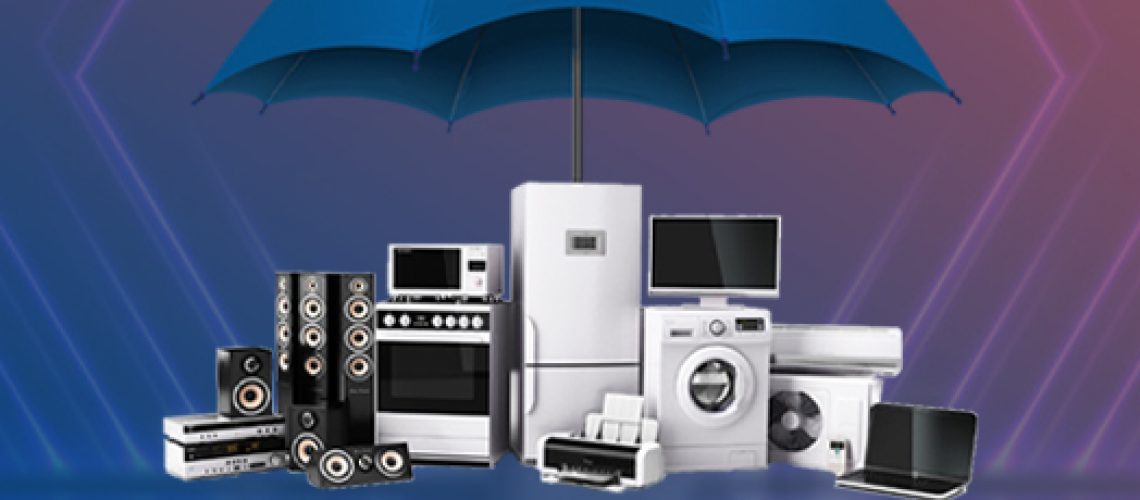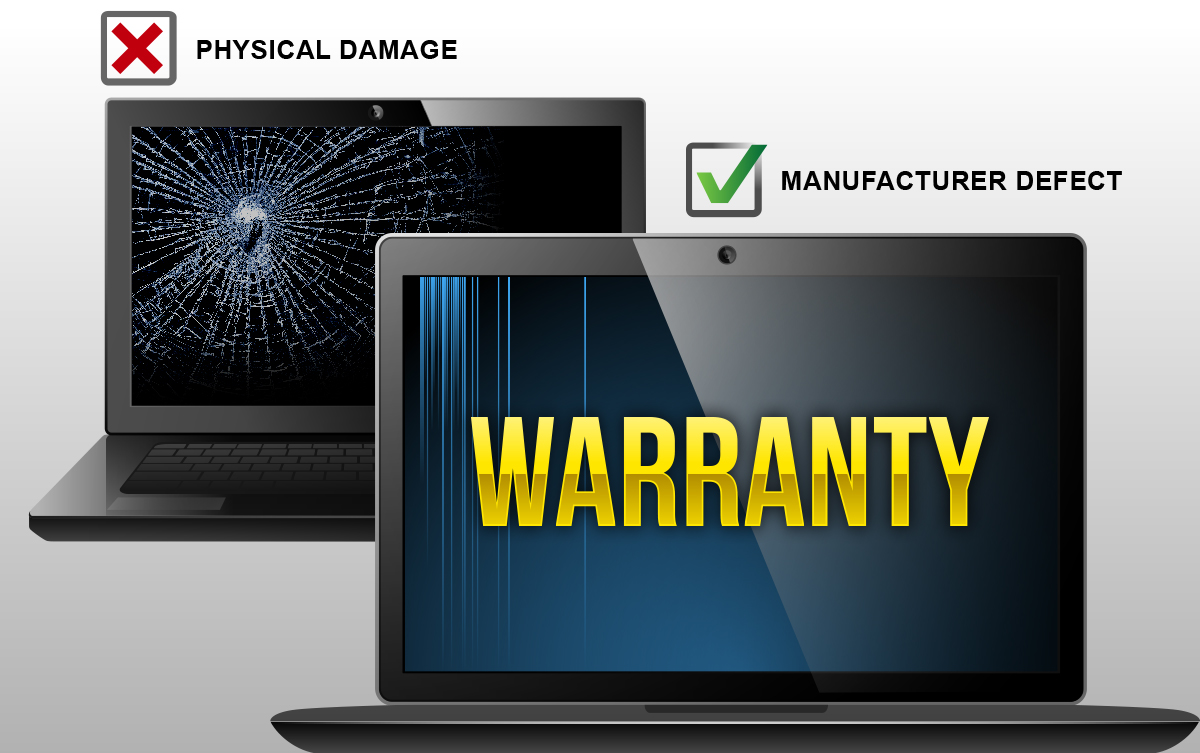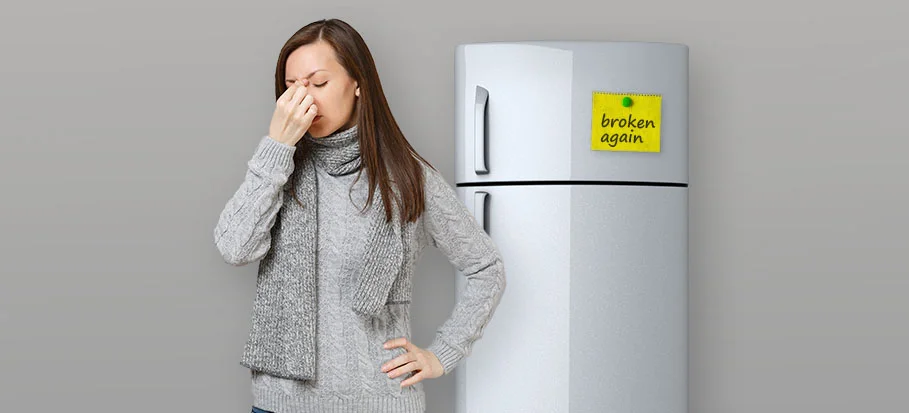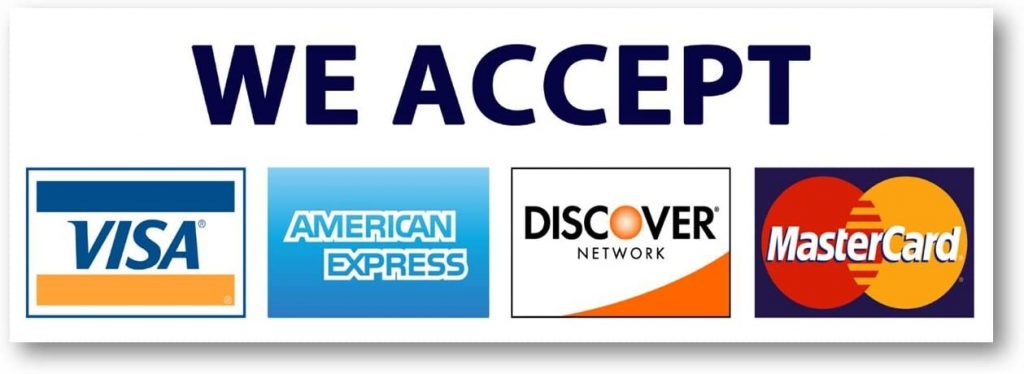If you’re making a major purchase, such as a vehicle or appliance, you may have the option to purchase both manufacturer Insurance and an extended warranty. While both provide some coverage for unexpected issues, there are significant differences between the two. Understanding these differences is crucial to making an informed decision. Let’s delve into the topic of manufacturer insurance and extended warranties to help you decide which is right for you.
Understanding Manufacturer Insurance and Extended Warranties
What is Manufacturer Insurance?
Manufacturer Insurance, also known as product liability insurance, is a type of insurance that protects manufacturers or sellers from legal and financial damages if their product causes harm or damage to someone or their property. This type of insurance is essential for businesses that sell products, as it covers them in case of any accidents or mishaps that may occur as a result of using their product.
For example, if a company produces a faulty product that causes injury to a customer, the customer may sue the company for damages. In such a case, manufacturer Insurance will protect the manufacturer or seller from the financial burden of paying for the damages or legal fees.
Manufacturer Insurance is not only beneficial for the manufacturer or seller, but it also provides peace of mind to the customers who purchase the product, knowing that they are protected in case of any unforeseen events.
What is an Extended Warranty?
An extended warranty is a contract that goes beyond the manufacturer’s original warranty. It provides additional protection for specific components, often covering mechanical or electrical malfunctions or failures that aren’t caused by the user. Extended warranties are usually offered by the manufacturer or a third-party company and can be purchased at an additional cost.
Extended warranties are beneficial for customers who want to ensure that their product is protected beyond the standard warranty period. They provide an additional layer of protection and can save the customer money in case of any repairs or replacements that may be needed.
However, it’s important to note that not all extended warranties are created equal. Some may have limitations or exclusions, and it’s essential to read the terms and conditions carefully before purchasing an extended warranty. Customers should also consider whether the cost of the extended warranty is worth the additional protection it provides.
In conclusion, both manufacturer Insurance and extended warranties are important for protecting businesses and customers. Manufacturer Insurance provides protection for manufacturers and sellers in case of any accidents or mishaps that may occur as a result of using their product, while extended warranties provide additional protection for specific components beyond the standard warranty period.
Types of Manufacturer Insurance and Extended Warranties
General Liability Insurance
General liability insurance is an essential type of insurance that provides coverage for damages or injuries caused by a product. This type of insurance is often included as a part of the product’s purchase price, and it protects the company from legal and financial repercussions in case of any accidents or injuries caused by their products.
For instance, if a customer slips and falls on a wet floor in a retail store, the general liability insurance will cover the medical expenses and legal fees associated with the incident. Similarly, if a product malfunctions and causes injury to a customer, the insurance will cover the costs of any legal action that may be taken against the company.
Professional Liability Insurance
Professional liability insurance, also known as errors and omissions insurance, is a type of insurance that provides protection for service providers such as contractors, architects, or engineers. This type of insurance protects against losses caused by negligence or failure to complete work as promised.
For example, if an architect designs a building that collapses due to structural issues, resulting in injuries or fatalities, the professional liability insurance will cover the legal costs and compensation for the victims. This type of insurance is essential for service providers who are at risk of facing legal action due to errors or omissions in their work.
Product Warranty
A product warranty is a guarantee provided by the manufacturer that the product will function as advertised or provide specific performance results. There is usually no additional cost for this type of warranty, but the coverage period is often limited.
Product warranties are a way for companies to assure customers that their products are of high quality and reliable. They provide customers with peace of mind and protect the company’s reputation. In case of any defects or malfunctions, the warranty ensures that the company will repair or replace the product at no additional cost to the customer.
Service Contract
A service contract, also known as an extended service plan, provides additional coverage beyond the manufacturer’s warranty. It covers repairs or replacement of components that fail due to normal use or defects in manufacturing, but not damage caused by the user.
Service contracts are particularly useful for expensive products such as electronics or appliances. They provide customers with an added layer of protection and peace of mind, knowing that any repairs or replacements will be covered by the service contract. This type of warranty is often sold separately from the product and can be purchased at the time of sale or later on.
In conclusion, insurance and warranties are essential for companies to protect themselves and their customers. They provide peace of mind and assurance that in case of any accidents or malfunctions, the company will take responsibility and provide adequate compensation or repairs. It is important for companies to carefully consider the type of insurance and warranties they offer to ensure that they are providing the best possible protection for their customers.
Key Differences Between Manufacturer Insurance and Extended Warranties
Coverage Scope
The primary difference between manufacturer insurance and extended warranties is the scope of their coverage. manufacturer Insurance covers damages or injuries resulting from a defective product, whereas an extended warranty focuses on repairing or replacing specific components that fail due to wear and tear, not user damage.
Cost and Payment Structure
The cost and payment structure of the two plans is another area where they differ. manufacturer Insurance is usually included in the purchase price of the product, and there are no additional costs or payment options. Extended warranties, on the other hand, often require an upfront payment or ongoing payments for the duration of the contract.
Duration of Protection
Manufacturer Insurance typically covers the product for the full length of its expected lifespan. In contrast, an extended warranty usually has a set coverage period, such as three or five years, after the manufacturer’s warranty expires.
Claims Process
The claims process for manufacturer Insurance involves making a claim through the manufacturer or seller. They will then review the claim and determine whether the product caused the damage or injury. In contrast, the claims process for extended warranties typically involves contacting the warranty provider and providing evidence of the component’s failure.
Pros and Cons of Manufacturer Insurance
Advantages of manufacturer Insurance
One advantage of manufacturer Insurance is that it provides broad coverage for unexpected damages or injuries. It protects the manufacturer or seller from the financial burden of lawsuits or damages. Additionally, it can provide peace of mind to the consumer that they won’t be held responsible for any damages or injuries caused by the product.

The devices we love aren’t cheap. Protect them with Jacana Warranty.
We’ll cover your favorite home electronic devices and provide 24/7 live support, all for less than $1 per day.
Disadvantages of manufacturer Insurance
The disadvantage of manufacturer Insurance is that it can be expensive for the manufacturer or seller, which may result in higher product prices. Also, there is often no benefit to the consumer beyond the product’s implied safety and reliability.
Conclusion
In conclusion, choosing between manufacturer insurance and an extended warranty depends on the type of product you’re purchasing and the level of protection you need. Both offer some benefits and drawbacks, so it’s important to consider their differences and evaluate your options before making a decision. Remember to read the fine print, compare costs, and plan for any potential issues that could arise.


